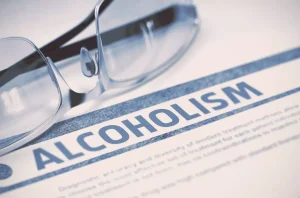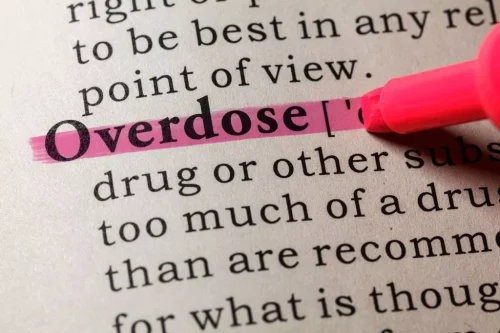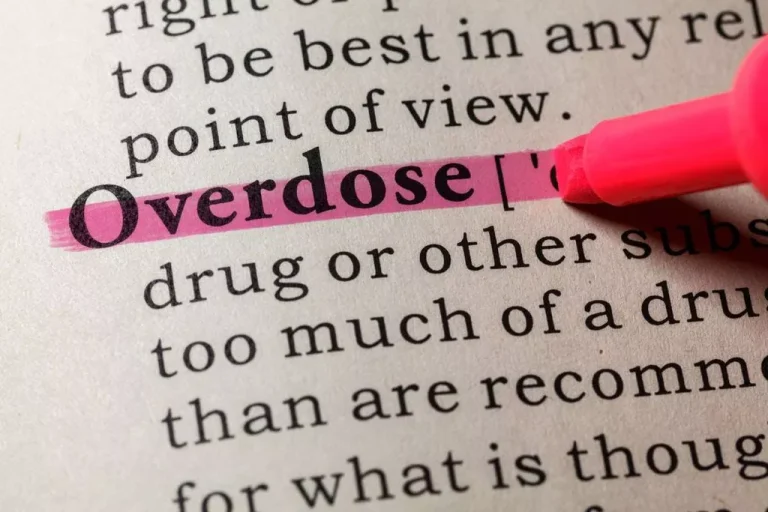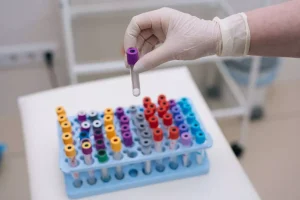
Understanding these distinctions is crucial for proper diagnosis and treatment approaches. Support from loved ones can help people with NPD or AUD change their behavior and work toward recovery. There’s little data on whether people with both NPD and AUD have a different outlook than people who have only one of the conditions. However, it’s recommended that both conditions are treated at the same time to improve your likelihood of recovery.
Possible therapeutic approaches
- A grandiose narcissist may drink to show off and gain admiration from their peers, while a vulnerable narcissist may use alcohol as a coping mechanism to overcome their insecurities.
- Narcissism and alcoholism can often form a distressing cycle, reinforcing patterns and feedback loops that contribute to negative consequences.
- Pathways Recovery Center uses evidence-based treatments to help clients with narcissism and alcoholism.
- While narcissism and alcoholism don’t always occur together, there are some reasons why narcissists might be more prone to developing an alcohol use disorder than the average person.
- Alcohol can provide a temporary sense of being cared for or admired, which is particularly appealing to individuals with an underlying sense of emotional deprivation.
These individuals often display self-absorption and narcissistic behaviors, with alcohol abuse being central to =https://ecosoberhouse.com/ their lives. Some common traits of individuals with both narcissism and alcohol addiction include a sense of entitlement, grandiosity, impulsivity, and a lack of empathy. As a result, these characteristics can make it difficult for them to maintain healthy relationships and engage in self-destructive behavior. When it comes to diagnosing narcissism and alcoholism, mental health professionals may use the Diagnostic and Statistical Manual of Mental Disorders (DSM-5) as a guide.

What’s the outlook for people with NPD or AUD?
For example, both narcissists and alcoholics may exhibit manipulative, exploitative, and controlling behaviors. They may also struggle with feelings of entitlement and have difficulty taking responsibility for their actions. When it comes to understanding narcissism and alcoholism, it’s essential to recognize that while they are two separate conditions, they can often be intertwined. Narcissism and alcoholism can often form a distressing cycle, reinforcing patterns and feedback loops that contribute to negative consequences. Understanding this cycle is crucial in comprehending the complex relationship between these two conditions. Lastly, vulnerable narcissism was a significant predictor of problem expectations.
Combat Social Anxiety
Coping with someone with a dual diagnosis can be narcissism and alcoholism more difficult than if that person suffered from only narcissism or untreated alcoholism. Narcissism may leave people more prone to problematic substance use, including alcohol use disorder, as well as other forms of addiction, such as sex addiction and social media addiction. The narcissist-like behavior of some alcoholics may only be a result of their addiction—it may not be how they really are when sober.
Support Systems and Group Therapy
Feelings of entitlement are common among those with alcoholic narcissism 2. They believe they deserve special treatment and may become irritable or angry when their expectations are not met. Individuals with alcoholic narcissism may exhibit manipulative tendencies 3. They often use manipulation as a means to control and exploit others, ensuring their own needs and desires are met. A narcissistic alcoholic often displays an inflated sense of self-importance, believing they are superior to others 1.
Understanding Narcissism and Alcoholism
It involves both a physical dependence on alcohol and a psychological compulsion to drink. The effects of alcoholism are wide-ranging and can impact every aspect of a person’s life. Narcissistic personality disorder (NPD) is one of the Cluster B personality disorders, which are characterized by unpredictable and emotional behavior. If people have risk factors for AUD, feel they are drinking excessively, or cannot control their alcohol intake, they can speak with a healthcare professional.

Future Directions in Treatment and Research
She’s passionate about empowering readers to take care of their mental and physical health through science-based, empathetically delivered information. Although NPD can’t be cured, someone with NPD can change their behavior if they’re willing to put in the time and effort, according to research from 2018. Each person Sober living house needs a different treatment method depending on their unique situation, and as such, not everyone will have the same treatment program. To get started, contact a doctor or other healthcare professional, or reach out to a therapist.
They may always demand your attention, leaving little room for you to focus on your needs and desires. As a result, you may feel resentful and frustrated as you struggle to maintain healthy boundaries in the relationship. While these similarities exist, it’s important to note that alcoholism and narcissism are different conditions with unique characteristics. Grandiose narcissism was a positive predictor of alcohol consumption and a positive (i.e., good) evaluation of alcohol-related problems. Vulnerable narcissism was a positive predictor of alcohol-related problems, problem recognition (i.e., readiness to change), and problem expectancies.

Without treatment, people with NPD have trouble maintaining positive relationships and are vulnerable to misusing drugs and alcohol to cope with difficult emotions. All personality and substance use disorders are diagnosed based on a strict set of criteria described in the DSM-5. While there is room for interpretation, a person with NPD and/or AUD must meet a minimum standard before a diagnosis can be delivered with confidence. Social learning, e.g. experiences with friends or relatives who exhibit aggressive behavior under the influence of alcohol, plays a key role in the onset of alcohol-related aggression.
Narcissism And Alcoholism
- Additionally, there are different types of narcissism, including vulnerable narcissism and grandiose narcissism.
- Here we will explore the five most common causes of alcoholic narcissism, shedding light on the interplay between narcissism and alcohol abuse.
- Individuals with narcissistic traits often exhibit grandiosity, a sense of entitlement, and a preoccupation with their own achievements and appearance.
- This is because they may use drugs or alcohol to cope with feelings of inadequacy or enhance their sense of superiority.
Although people with AUD may relapse or have treatment setbacks, they can recover from the disorder. Learning healthy coping strategies can help them remain sober when they face triggers. Exercise, meditation, and journaling can help manage stress when dealing with a narcissistic alcoholic.